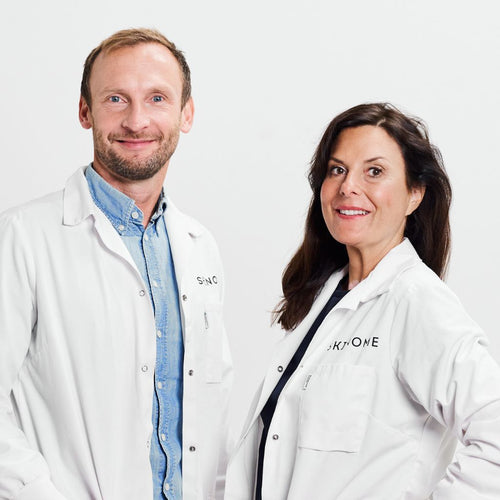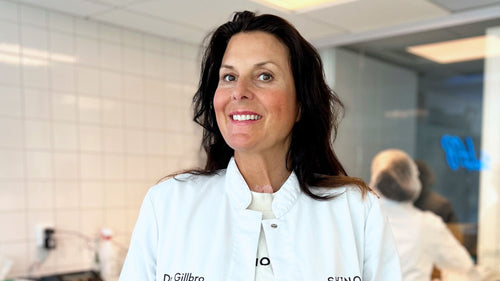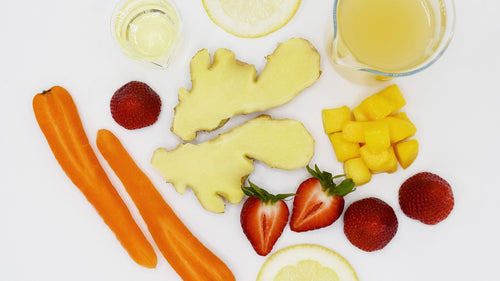Biotechnology creates cleaner ingredients
In today's progressive and scientific landscape, we have the ability to step beyond traditional methods and utilize the power and precision that biotechnology offers. One of many examples of this is the extraction of squalane, a vital oil for skin care.
Squalane is one of the skin's naturally occurring lipids known for its softening and moisturizing properties. Historically, squalane was often extracted from shark liver, but thanks to environmental and ethical considerations, new extraction methods have been found, such as extracting it from olive oil. However, these methods can lead to contamination with other oil residues, which reduces the purity and effectiveness of the product.
By using a biotechnological fermentation process, we at Skinome can ensure that our squalane is not only ethically produced, but also of superior pure quality. The process involves the use of microorganisms and natural raw sugar under controlled laboratory conditions, where we can create a precise, pure and high-quality squalane. This enables us to produce an ingredient that is superiorly pure, and that fully mimics the skin's natural squalane.
Mimic the skin's own substances: The key to effective skin care
Since the beginning, we have focused on creating skin care products that speak the skin's own language. Instead of leaning solely on market trends for natural skin care, we have delved deep into the research behind the skin's own biology and ability to take care of itself. By understanding and respecting the skin's own processes and the substances it naturally produces, we can create products that truly complement and support its natural ability to care and repair.
The skin is simply better off with substances that it is used to. By utilizing the skin's own, built-in "recipe", we create products that actively support the skin's own ability to protect, repair, and renew itself.


















